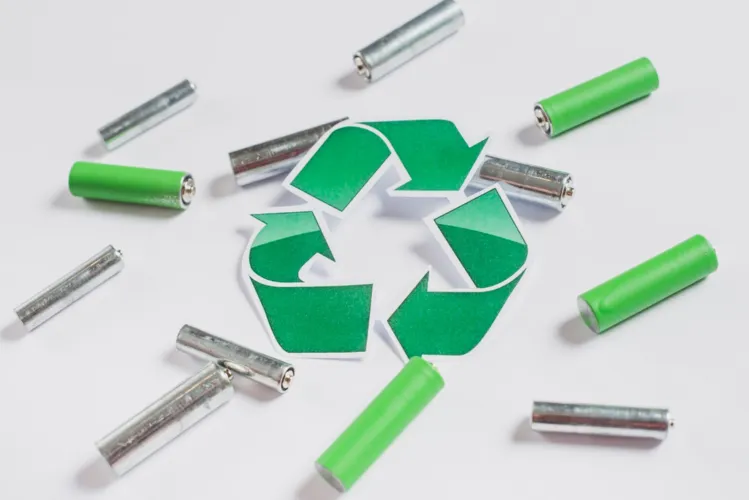Indonesia Green Building Movement is growing rapidly. In 2021, the green building market was valued at $18.5 billion, reflecting a 4% growth from the previous year. However, despite this progress, the country still lags behind its regional neighbors in adopting green building practices. For example, as of 2023, the Green Building Council Indonesia (GBCI) had certified only 98 green buildings, while Singapore had certified approximately 4,600 under its Green Mark scheme. This comparison highlights the need for stronger policies and greater awareness in Indonesia’s construction industry.
The Importance of Indonesia Green Building Movement and Green Construction

The construction sector is one of the largest energy consumers in Indonesia, accounting for 30% of the country’s total energy usage. This number is expected to rise to 40% by 2030, making energy efficiency a top priority. Green buildings not only help reduce environmental impact but also lead to significant cost savings. In Jakarta, for instance, certified green buildings have reported 30% to 80% lower annual utility costs compared to traditional structures. These benefits make sustainable construction an attractive option for developers and policymakers alike.
Indonesia Green Building Movement: Government Policies and Regulations
The Indonesian government has taken steps to encourage eco-friendly construction, but existing policies remain limited in scope. Currently, green building standards are mandatory only for large buildings over 5,000 m². This means that the residential sector, which accounts for 83% of total building energy demand, is not required to follow these standards. Without regulations in this sector, a large portion of the country’s energy efficiency potential remains untapped.
To address this issue, the government introduced a national regulation on green buildings in 2021, which includes performance assessments for certified structures. Additionally, more than 3,000 buildings in Indonesia are now following mandatory green building codes, while over 100 buildings have voluntarily obtained green certification. These steps mark progress, but more widespread implementation is needed to make a real impact.
The Role of Nusantara in Sustainable Development
Indonesia’s new capital city, Nusantara (IKN), is poised to become a flagship project for sustainable urban development. Located in East Kalimantan, Nusantara is designed to be a green city, with more than 75% of the government zone designated as green space. This includes parks, urban forests, and green corridors that promote biodiversity and improve air quality.
All buildings in Nusantara will adhere to strict environmental standards, incorporating features like solar panels, rainwater harvesting systems, and energy-efficient designs. The city will also prioritize public transportation and pedestrian-friendly infrastructure to reduce carbon emissions. By setting such high standards, Nusantara aims to become a model for other cities in Indonesia and beyond.
Overcoming Challenges and Looking Ahead for Indonesia Green Building Movement
While Indonesia’s green building movement is expanding, challenges remain. The slow adoption of green construction methods, limited regulatory enforcement, and a lack of incentives for residential developers are significant obstacles. Comparisons with countries like Singapore highlight the need for more aggressive policies and broader industry participation.
To accelerate progress, Indonesia could benefit from stronger incentives for developers, increased public awareness campaigns, and stricter enforcement of energy-efficient building codes. With continued efforts, the country can unlock the full potential of sustainable construction and reduce its environmental footprint.







